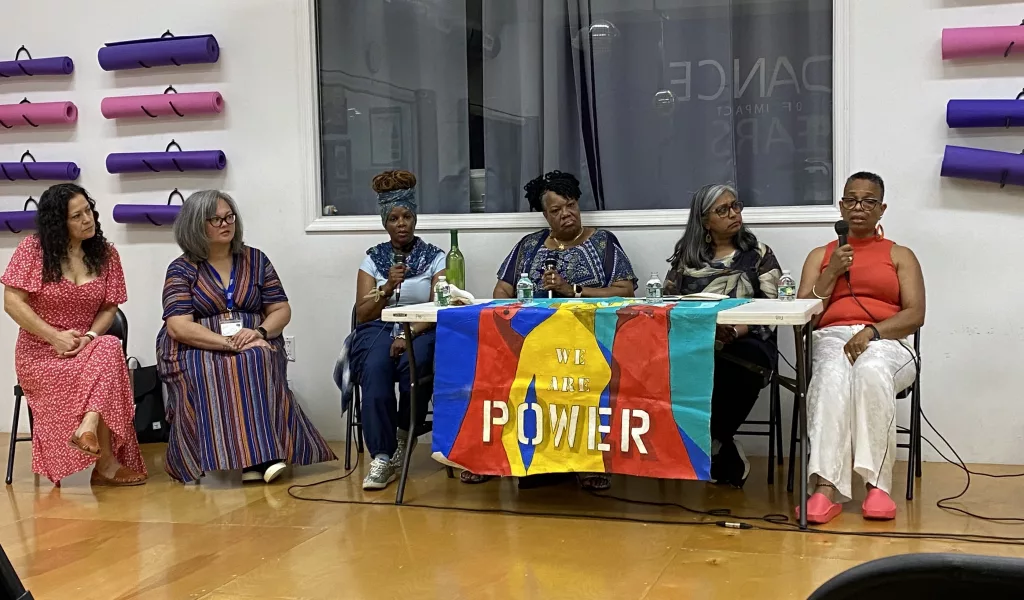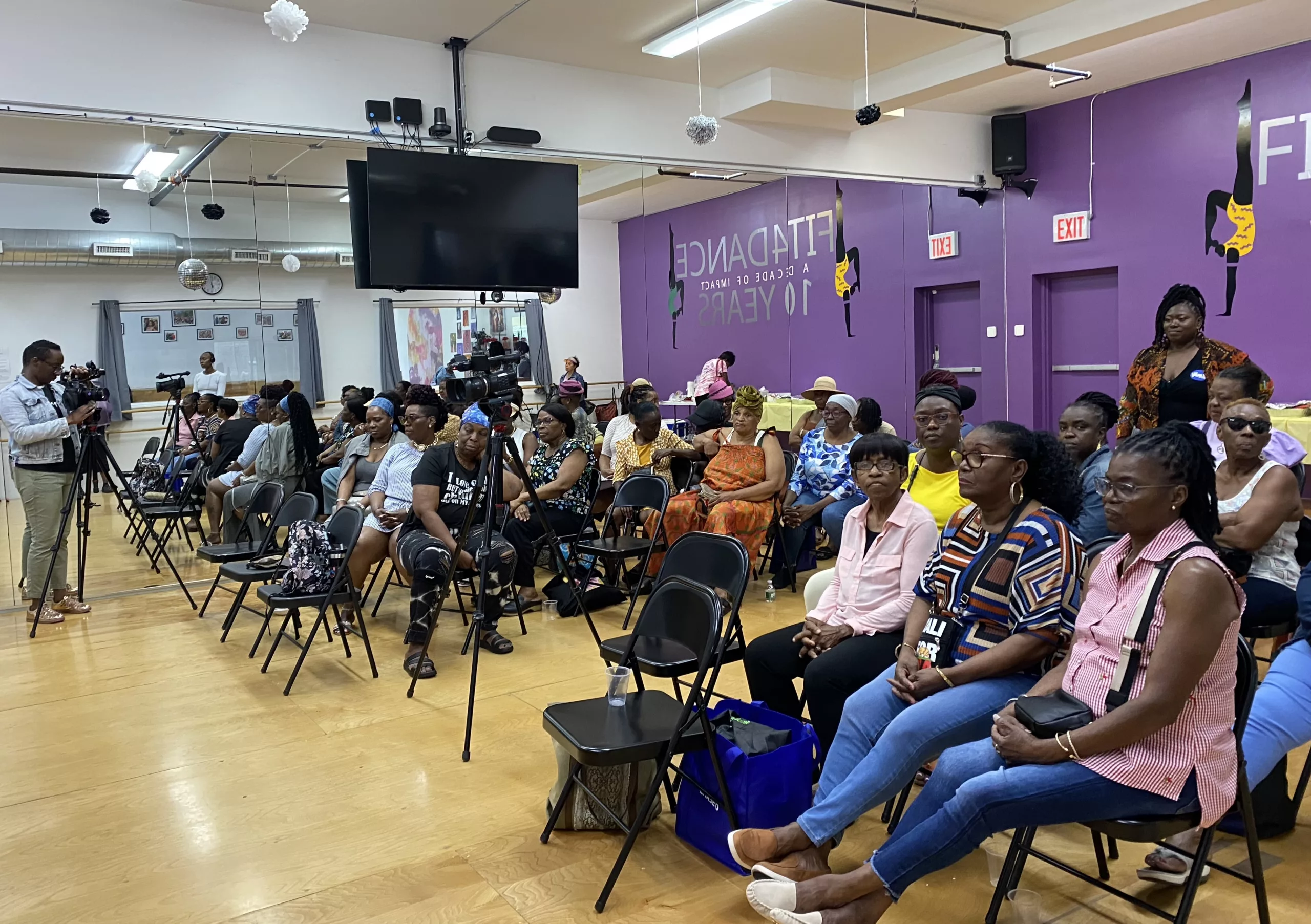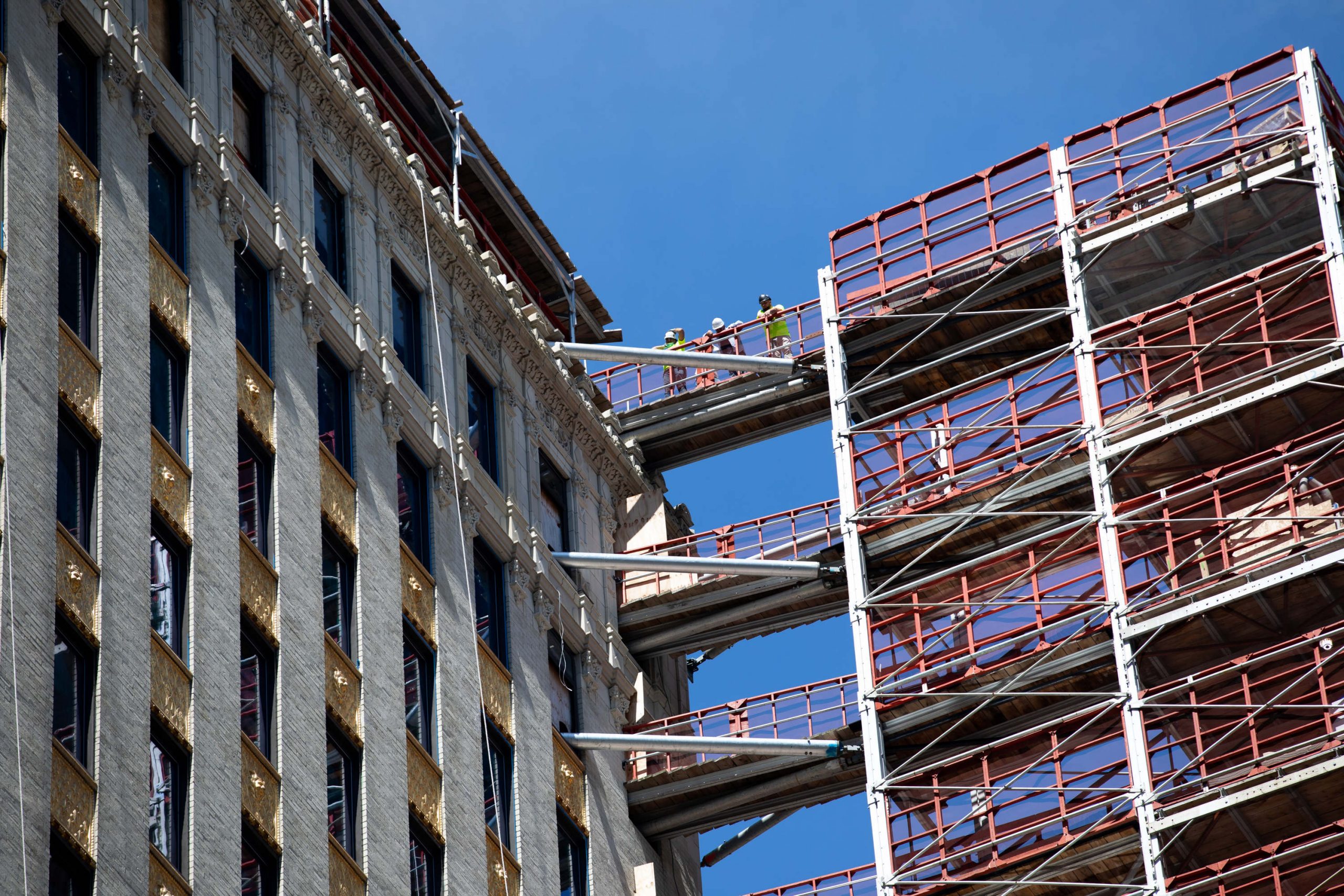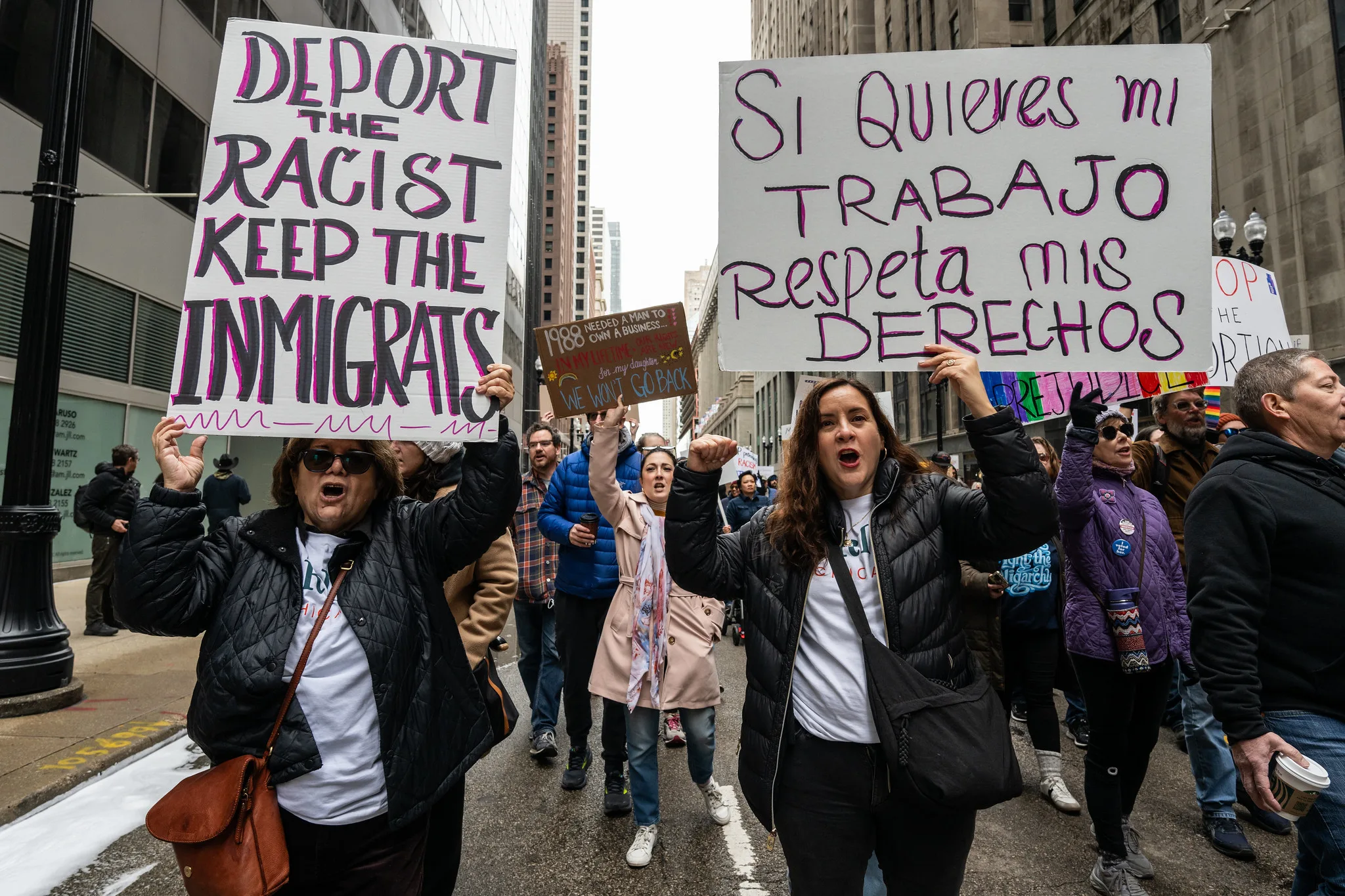Dozens of domestic workers in New York gathered Saturday in Flatbush to discuss mistreatment in the workplace, labor rights, and access to health care regardless of immigration status.
Organized by members of Domestic Workers United — with financial support from Creatives Rebuild New York — and with representatives from NYC Care and Make The Road, a group of about 40 women gathered in Brooklyn to share their experiences.

The event was organized to empower domestic workers living in the shadows, Christine Lewis, board secretary and worker leader for Domestic Workers United, explained.
Kathleen Charles, active member at DWU, advised the women to turn down employers who add “a little housekeeping” to their jobs when housekeeping is not what they are being paid for.
“We know the work that care workers do caring for other people, caring for children, but the question is not often on the table who is doing the care for care workers?” said Premilla Nadasen, professor at Barnard College and author of “Care: The Highest Stage of Capitalism,” who has been a longtime supporter of Domestic Workers United.
“Can you get time off to get access to those [healthcare] services? Do you have the knowledge? Will your employer allow you to go?” She advised domestic workers to negotiate higher than their desired wages so as to find a middle ground with employers.
Also Read: Mothers Help Each Other Through Stories of Migration and Sewing
Until August 31, 2010, domestic workers in New York couldn’t always access minimum wage. That’s when the New York Domestic Worker Bill of Rights — the first in the U.S.— was passed. The law raised standards for domestic workers in New York, who total more than 300,000 and are mostly immigrant women of color. However, the panelists emphasized that it is often still hard to get today’s $15 per hour minimum wage as some employers refuse to abide by the law.
Brenda Constantine, member at DWU, said that when left to employers, domestic workers would often get a bad bargain. “I got coached when I went in,” she said. “There are those who are desperate and need a job, and forget to ask ‘what is in it for me’? We forget to ask about time off, vacation, overtime, personal days off. We leave it up to our employers and they are not doing that for us. So we have to take the time when we go on a job to ask for that.”
Carmen Garcia, a supervisor at Make The Road’s NYC Care Program and Theresa Doherty, the director of community affairs at NYC Care, told domestic workers at the event that they can get healthcare access at no cost through NYC Care, regardless of their immigration status.
NYC Care, a health care access program, which was established 5 years ago, was created to serve those who are neither served by private insurance or Medicaid.
Women at the event addressed fighting against undesirable sexual approaches from employers, and also urged people to get their ITIN so as to build their tax credit.
The event was the last of a series of community programs DWU organized through a grant received last year from CRNY to organize healing, wellness, and food justice programs.
DWU is now working on releasing a magazine, Domestic Workers Unfiltered, in the following months, where domestic workers in New York can share their experiences in hopes of providing a safe space for others and enabling nannies, care workers, and others to fight for their labor rights.














